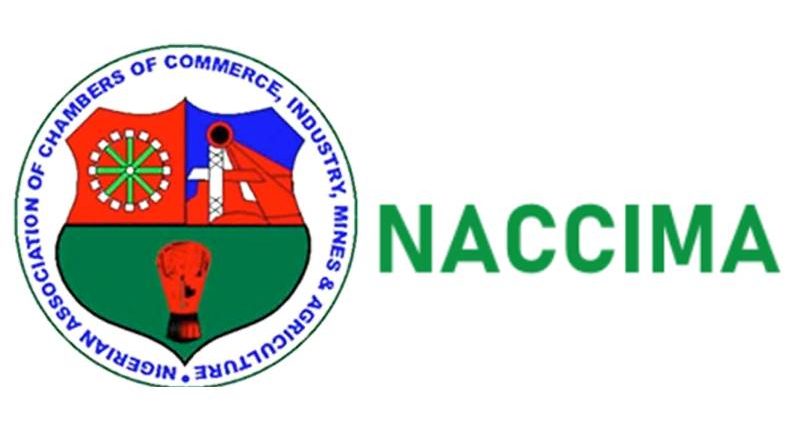Nigerian Association of Chambers of Commerce, Industry, Mines and Agriculture (NACCIMA) has urged all tiers of government in Nigeria to take urgent steps in addressing increasing public debts and stagnating economic growth in the country.
National President of NACCIMA, John C. Udeagbala, who canvassed the position at the chamber’s second quarter media briefing in Lagos, at the weekend, said doing so would project Nigeria as a safe destination for investments.

Udeagbala said: “Since our last media briefing in April 2022, inflation measured on a year-on-year basis has grown from 17.17 per cent as of April 2022 to 18.6 per cent in June 2022. Our economy has now surpassed the 18.7 per cent, being the highest inflation rate ever recorded in March 2021.
“While we welcome the Central Bank of Nigeria’s (CBN) Monetary Policy Committee (MPC) decision to raise the Monetary Policy Rate (MPR) from 13 per cent to 14 per cent, we state that this is majorly an inflation management measure and does not address the major cause of inflation, which is rising food prices occasioned by devaluation of the naira and high cost of energy, which has affected production and transportation.
Read Also: Senate holds public hearing on amendment of ITF Act, others
“Nevertheless, we look forward to continued implementation of CBN’s intervention in agriculture, manufacturing, energy, healthcare and export sectors, which will ensure some improvement in food and energy supply,” he stated.
On public debts, Udeagbala expressed concern about the nation’s rising debt profile, noting that Nigeria foreign debt as of March 2022 stood at $40 billion, having increased from $38.4 billion, adding that the domestic debt also rose from N23.7 trillion to N25 trillion within the same period.
He maintained that it was now clear that the current level of debts had become unsustainable, because looking at it from the International Monetary Fund (IMF) projects by 2026, Nigeria’s entire revenues would be used for debts servicing.

He, however, commended the Federal Government on the development of key infrastructure within the country, as this has remained a major challenge to the Nigerian private sector, noting that the pace of infrastructure development was slow in relation to the country’s economic needs.
“To match private sector needs towards achieving sustainable economic growth and considering government’s fiscal position, we once again propose Public Private Partnership (PPP) as a way to achieve this solution.
“Government’s sustained collaboration with the private sector on the implementation of Presidential Executive Order 007 of 2019 on Road Infrastructure Development and Refurbishment Investment Tax credit scheme is an example of the success that can be achieved, using this approach to facilitate infrastructure development in the economy,” he stated.
Udeagbala also lamented rising insecurity in the country, describing it as worrisome, adding that it had also massively contributed to the depression of the nation’s economy.





